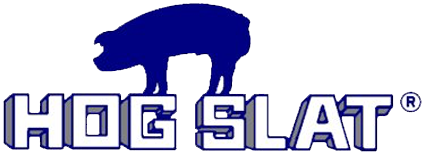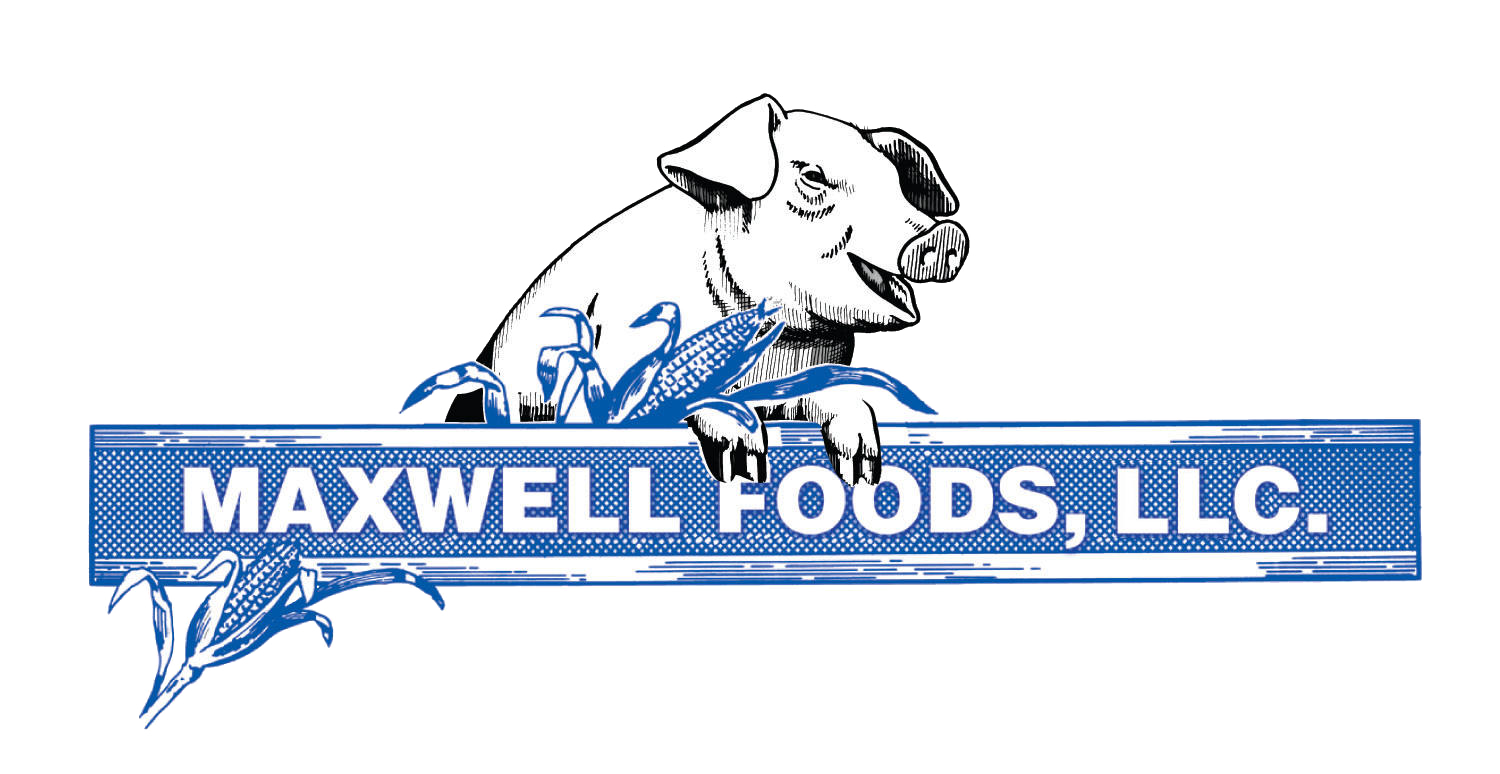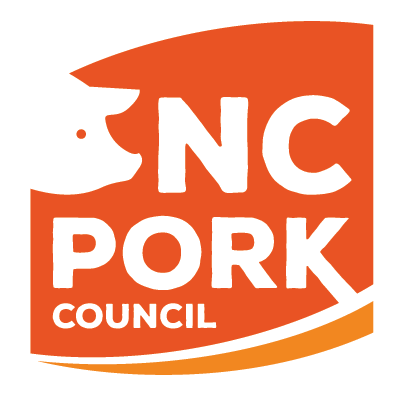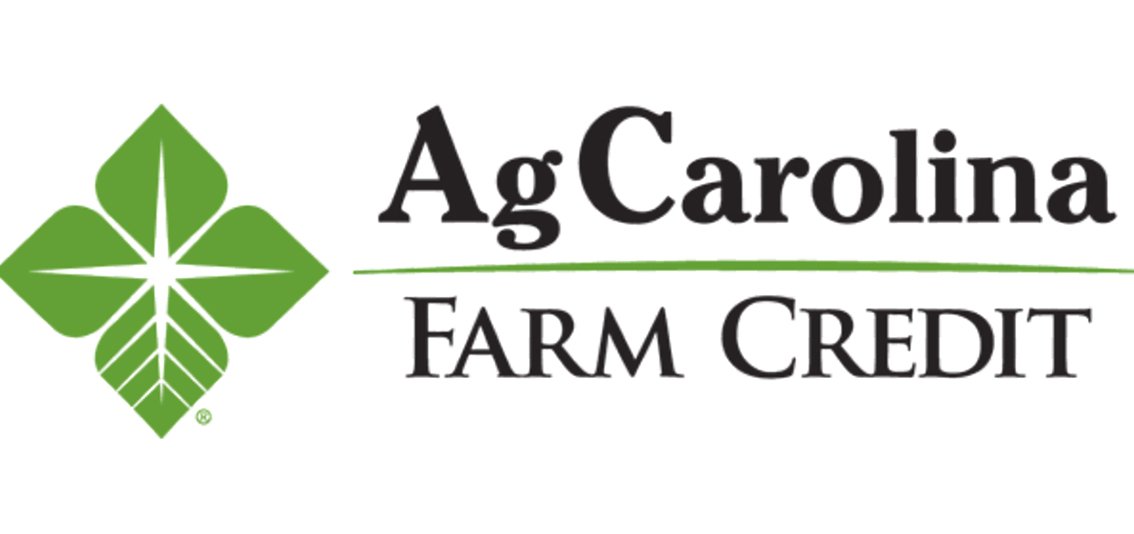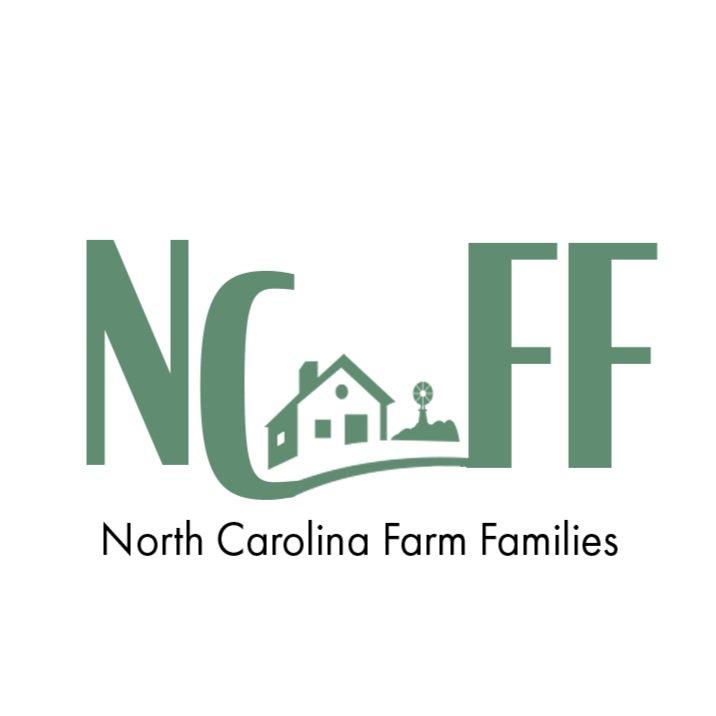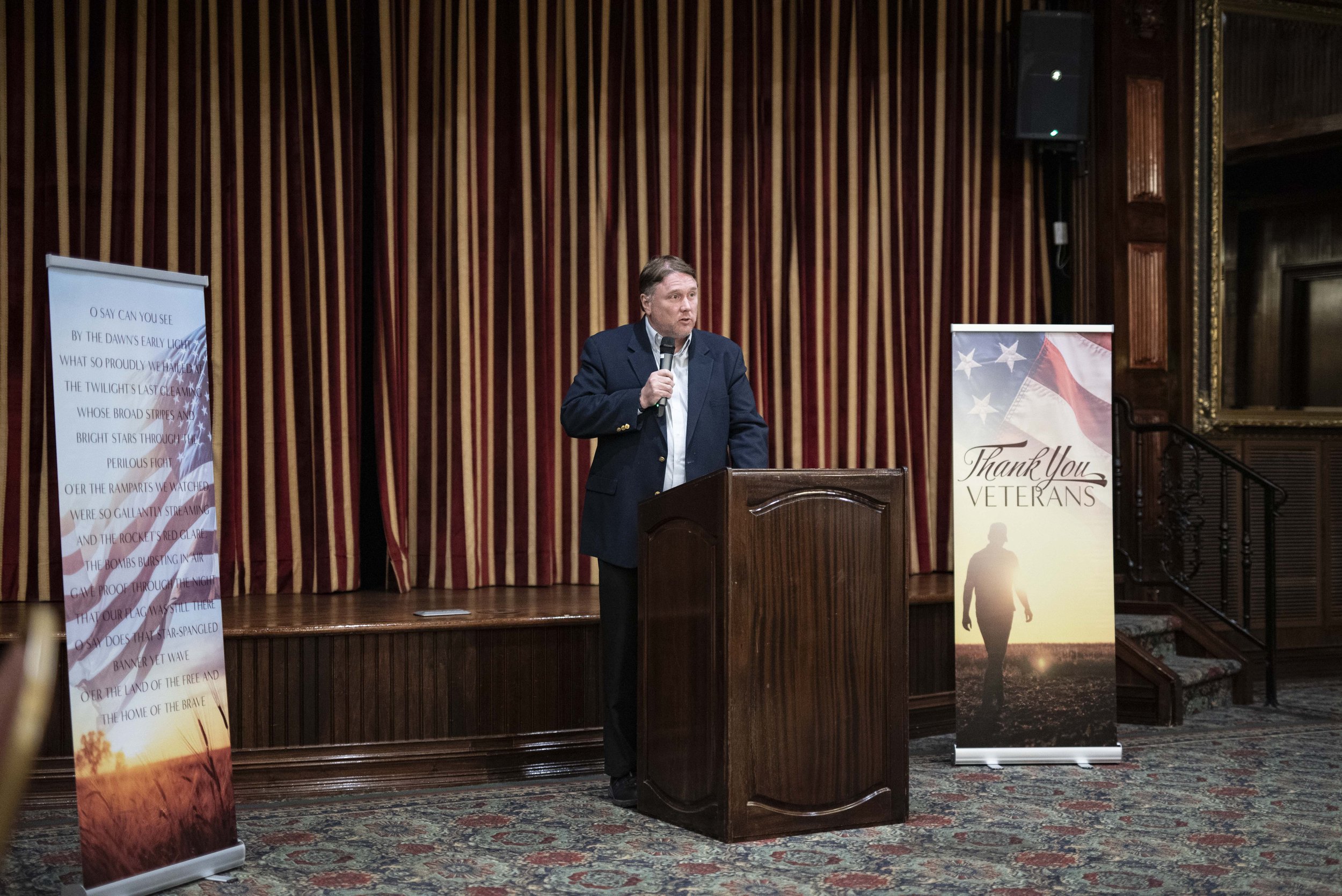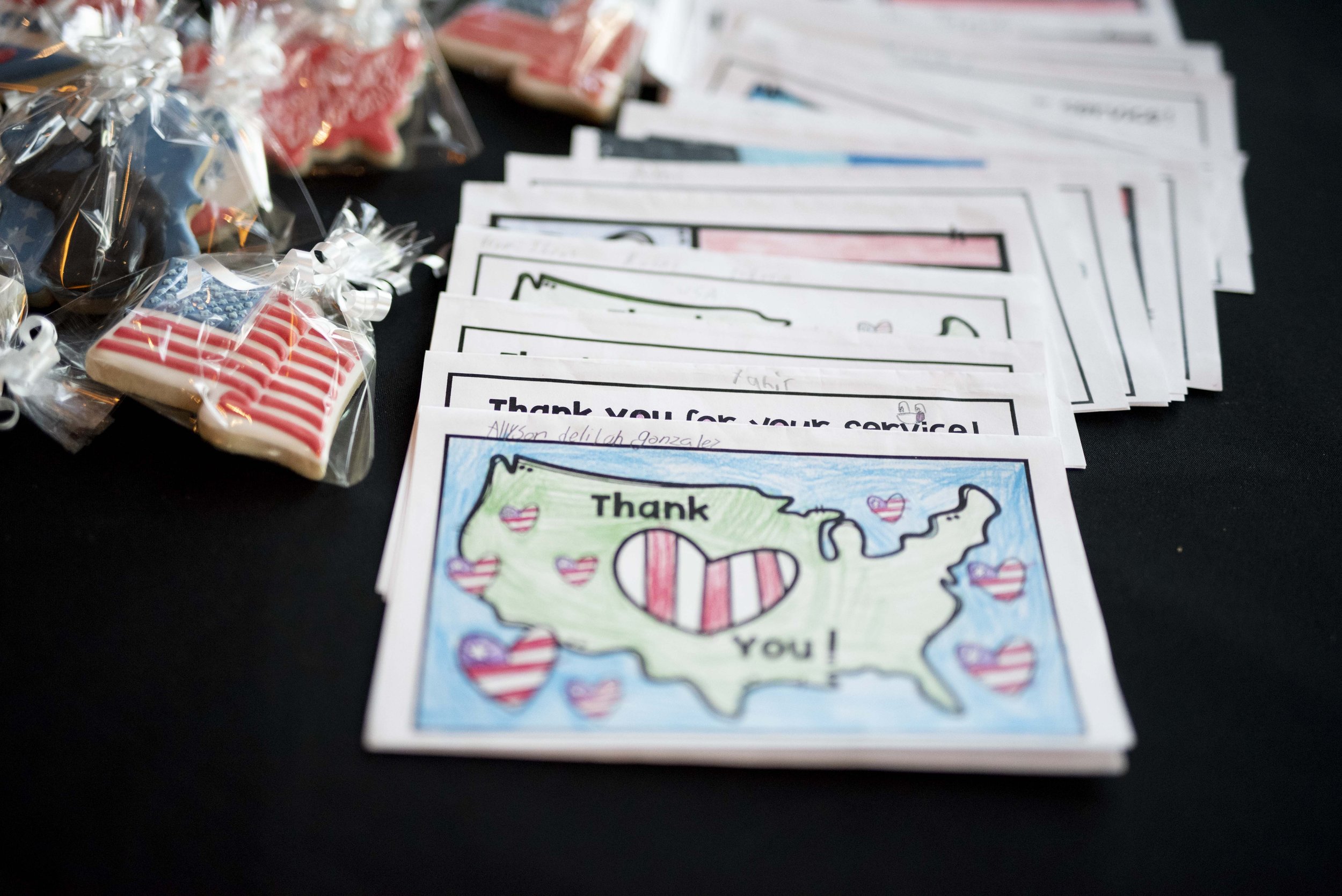Farmkeepers Blog
The Farmkeepers is the official blog of NC Farm Families. It is here that words will flow, our voice will be heard, a stand will be made, and the farm families of North Carolina will be protected. In these posts, we'll set the record straight. You'll see the faces of the families who feed us. Here, you'll receive all the updates and news. It is here that we will fight for farmers and be the keepers of the farm in NC. We hope you'll join us. Follow along on social media and by joining our email list.
Vote for agriculture in upcoming NC elections
As we look ahead at what issues will impact North Carolina’s farm families this year, the upcoming elections are front and center. There will be important elections taking place at the local, state, and national level, and we encourage everyone to understand the candidates’ views on agriculture.
Agriculture remains the largest industry in North Carolina, employing about 20 percent of the state’s workforce and providing an economic impact that exceeds $100 billion a year. That includes about 45,000 family farms.
Two of the biggest statewide races on our radar screen this year are the elections for Governor and Commissioner of Agriculture. With Gov. Roy Cooper’s eight years in office coming to an end, there is a crowded field of Republicans and Democrats vying for the state’s top job.
There are three candidates running for the Republican nomination, including Lt. Gov. Mark Robinson, State Treasurer Dale Folwell, and trial lawyer Bill Graham. Graham’s law firm, you may recall, led the nuisance lawsuits against Smithfield Foods.
The Democratic field includes five candidates, led by Attorney General Josh Stein and former NC Supreme Court Justice Mike Morgan. Lesser known candidates include Chrelle Booker, Gary Foxx, and Marcus Williams. Stein has been endorsed by Gov. Cooper, former Gov. Jim Hunt, and much of the Democratic Party establishment.
Incumbent Steve Troxler, a family farmer from Browns Summit, is running for reelection as Commissioner of Agriculture. He has served in that role since 2005 and has been a strong advocate for family farmers during his tenure. Troxler has received many honors and awards during his career, including the “Order of the Golden Pig” from the NC Pork Council for his longstanding service and valuable contributions to the pork industry.
Colby Hammonds, a family farmer who produces pasture-raised beef, pork, and free-range brown eggs in Wake County, is challenging Troxler for the Republican nomination. Dr. Sarah Taber, a farm operations specialist from Fayetteville, is the only candidate on the Democratic side. Neither Hammonds nor Taber have ever previously held elected office.
The primary election will be held on Tuesday, March 5, 2024. Early voting begins on February 15.
NC Farm Families Honors Veterans
On November 2, NC Farm Families and AgCarolina Farm Credit co-hosted a special dinner for veterans in the community. The evening was held at the Mad Boar in Wallace where veterans and guests were treated to a plated dinner. Over 30 veterans attended, representing every branch of military.
We were pleased to have East Duplin High School JROTC members present colors and begin the event with the pledge of allegiance.
Students from B.F. Grady Elementary School in Duplin County sent handmade cards for veterans in attendance. These cards were touching and meant a lot to attendees.
Andy Curliss, National Director for Strategic Initiaves for SAS brought the keynote speech where he shared stories of veterans in his heritage and life.
In addition to veterans, special guests included: Representative Edward Goodwin and Representative Jimmy Dixon.
This event would not have been possible without our sponsors. AgCarolina Farm Credit was our event sponsor. AgCarolina provides credit to farmers and mortgages for rural homeowners in 46 counties across central, eastern, and southeastern North Carolina. We were very grateful to have Tri-County EMC, Hog Slat, and Smithfield Foods as table sponsors. We also want to thank NC Pork Council, Murphy Family Ventures, Prestage Farms, Align RNG, and Maxwell Foods for their support.
Agriculture is the number one industry in North Carolina. We have more than 45,000 farms across the state, and the vast majority of those are run by farm families. Just as North Carolina is major player in the world of agriculture, our state is also a leader when it comes to the military. We have eight military bases here, and more than 122,000 active duty and reserve members of the military living in North Carolina. That puts us at #4 in the nation.
We were proud to be able to honor and serve our veterans in the community. Thank you to everyone who came and had a hand in making it happen.
And thank you veterans for your sacrifices. Words are never enough.
Factory Farm Redefined
What is a factory farm?
A quick Google search of the term “factory farm” describes these farms as industrialized, intensive agriculture operations designed to maximize profits at the expense of the animals, environment, and public health.
Let’s work on redefining that.
In no way is it a factory. It’s a farm. Most likely, it is a family farm.
Is it larger than 50 years ago? Sure.
Does the size change what it is? Nope. Do words like “industrialized” or “intensive” change it? Again, no.
98% of all farms are family-owned and operated.
Those families are utilizing technology to be efficient and produce more with less.
Their efficiency and innovation has indeed been designed to maximize profits. After all, a farm is a business.
Let’s pause here for a second. Does the fact that a farm is a business change anything? Some would say it means farmers are motivated by profit, only caring about the bottom dollar. Here’s the thing—cutting corners and irresponsibly raising animals doesn’t mean more profit. It eats into your profits. Well-cared for animals and efficient facilities mean a higher quality product. Lowering your product’s worth is not profitable.
Back to efficiency and innovation. It has been designed to do more than maximize profits. It also maximizes resources. In fact, they are using less land, water, and energy to produce pork than ever before.
One way these “factory farms” have done this is to raise animals indoors. This allows them to use less while producing more. It also protects the animals from weather, disease, and predators. But does this protect the environment or public health?
Yes. By maximizing resources, they are being more sustainable. They are feeding more people with less resources (as has been previously mentioned). To raise the same number of animals on pasture would mean a lot more land, a lot less containment, and less control. Pasture isn’t bad. It has its place. Raising animals indoors isn’t bad either, though. It also has its place.
Farmers are maximizing profits through innovation and efficiency because of the animals, environment, and public health, not at the expense of.
Now that that’s settled, let’s amend the definition.
Factory Larger farms are (most likely) family-run industrialized, intensive agriculture operations designed to maximize profits, technology, and resources at the expense because of the animals, environment, and public health.





